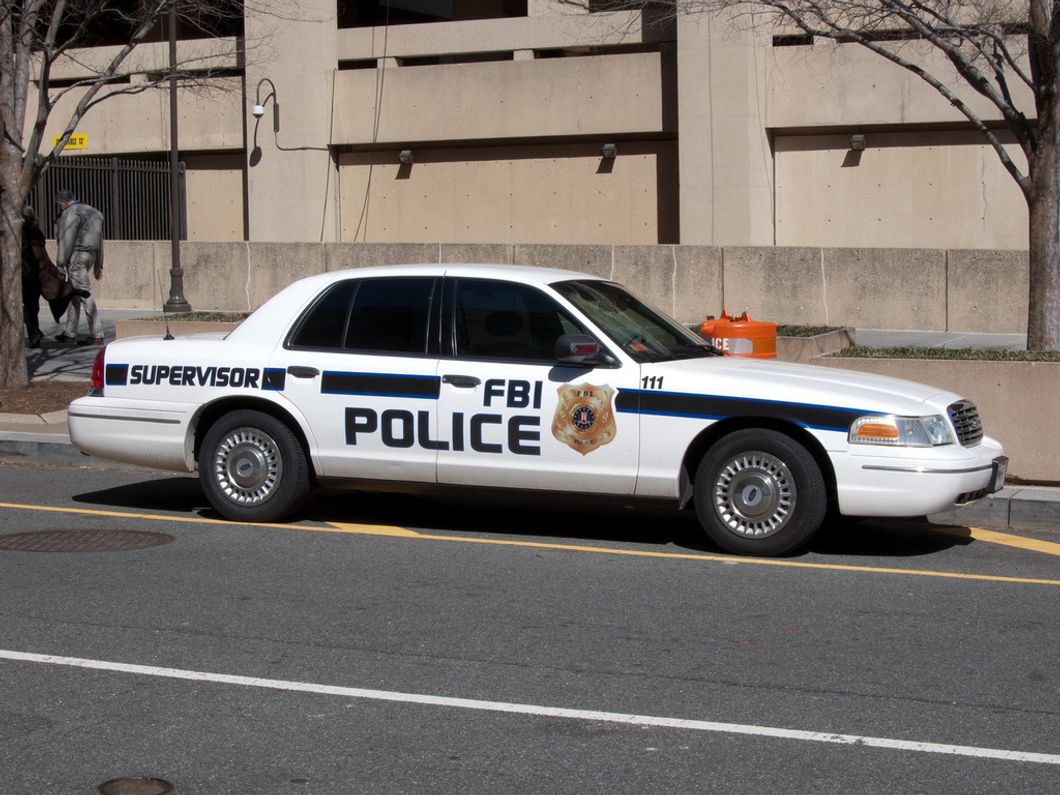This serves as a short outline of several arguments against police unions.
Hoover Institute scholars, John McGinnis, and Max Schanzenbach provide excellent arguments against public sector unions. Public sector unions are protected by civil service statutes that prevent arbitrary hiring and firing practices.
Specific to police, unions allow for very powerful collective bargaining leverage. They have the power to resist body cameras, GPS tracking, and rigged arbitration for disciplinary actions against officers.
The goal of police reform should be to target the problem officers and prevent greater disruption to the officers doing the right thing. The first proposal would be to require officers to buy professional liability insurance.
Settlements would be paid for by the insurance company and after too many the premiums would get too high, pricing these bad officers out. One critique is the proposal would make officers cautious when out on duty.
My response is that economic incentives would give officers more reason to use body cameras and GPS trackers. In the event of frivolous, the officer would have proof he followed procedure or wasn't negligent.
Another more radical proposal would be to ban police unions from collective bargaining over termination and discipline procedures. Public unions enjoy privileges like these because specific laws written to favor them. Unlike the private sector unions, they have civil service statutes protecting them.
Finally the last most radical proposal is banning police unions entirely. The philosophical argument is that the public is held hostage by the monopoly power of the government. In 1943, a New York Supreme Court justice said
Nothing is more dangerous to public welfare than to admit that hired servants of the State can dictate to the government the hours, the wages and conditions under which they will carry on essential services vital to the welfare, safety, and security of the citizen.
He went on to say that this would be incompatible with democracy. Because the union leader is chosen by the union and not the public, they have no duty to the citizen, unlike the officers they represent. While this is a more radical proposal, it underscores the stark differences between public and private. Any collective bargaining in a public union is at the expense of taxpayers.
According to a 2001 National Institute of Justice publication, 2% of officers are responsible for 50% of all citizen complaints. Targeting these officers would go a long way in preventing police shootings and incidences of police misconduct. When looking for a solution, a place to look would be the role of unions.

















